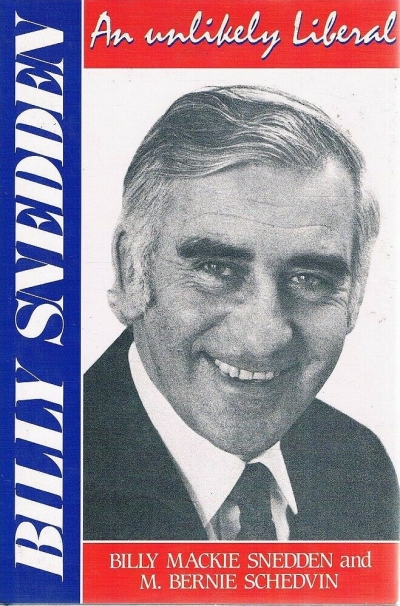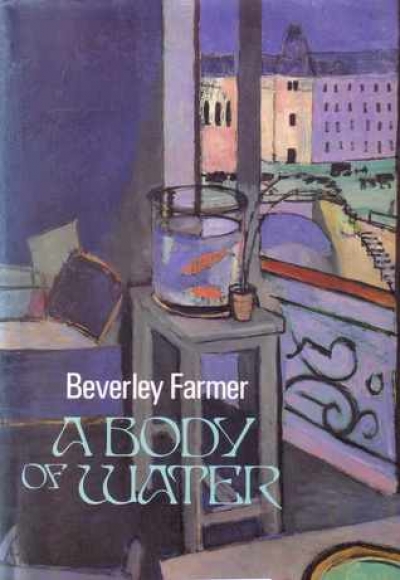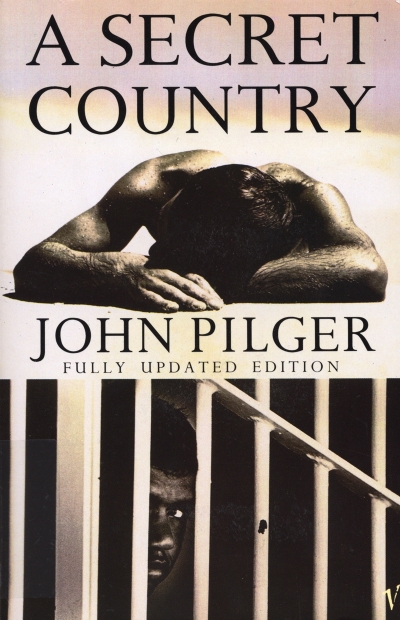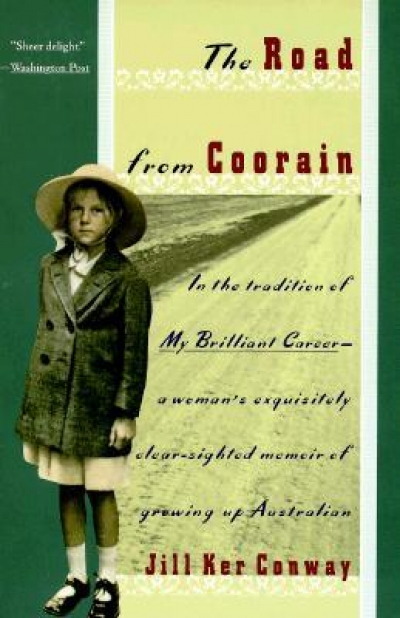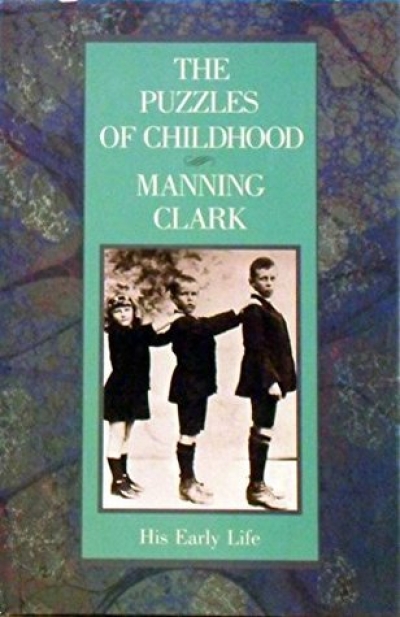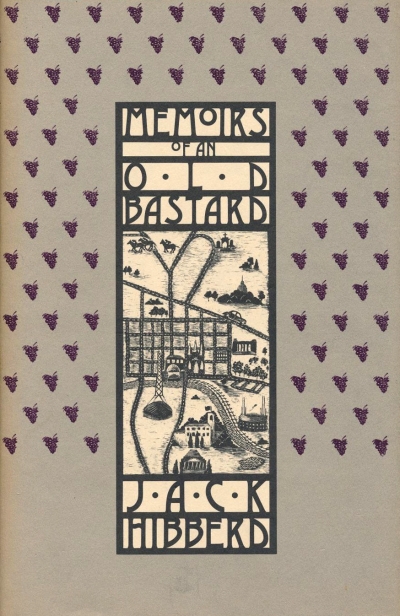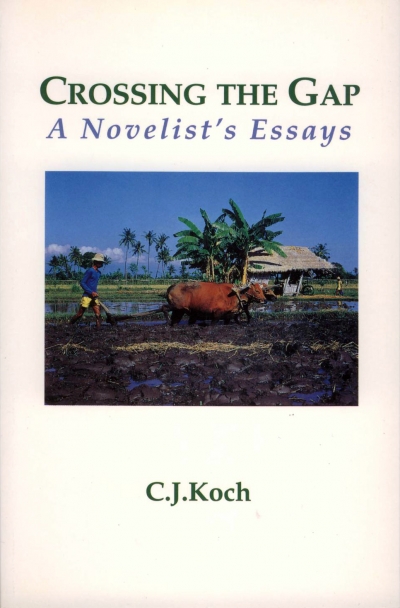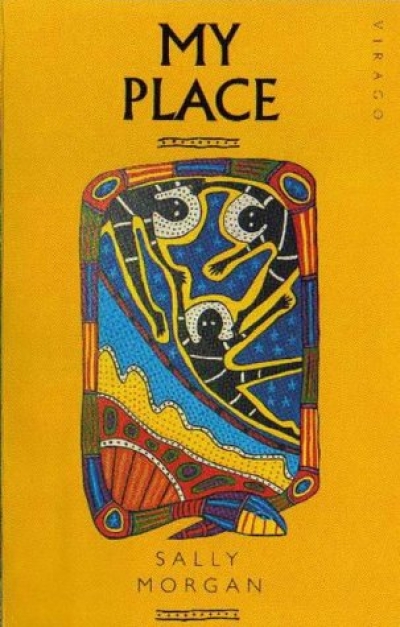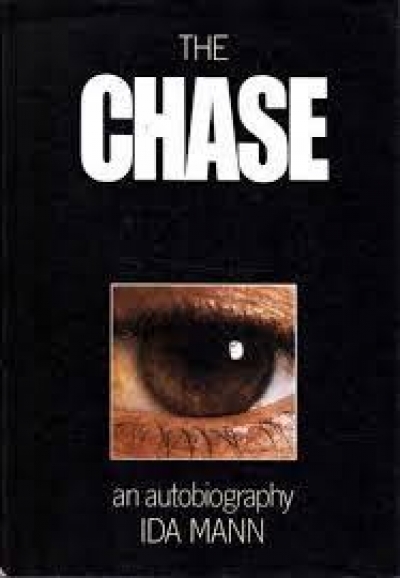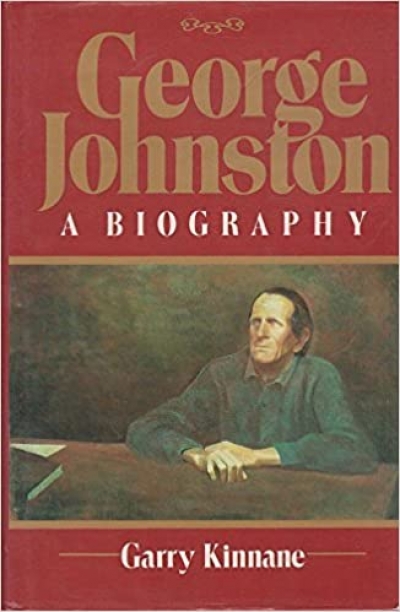Memoir
Ross Fitzgerald reviews 'Billy Snedden: An unlikely Liberal' by Billy Mackie Snedden and M. Bernie Schedvin
by Ross Fitzgerald •
Neither a conventional biography nor an autobiography, Billy Snedden is a story told in two quite distinct and authentic voices. There is that of the late Sir Billy Snedden, Liberal Party leader from 1972 to 1975, and Dr Bernie Schedvin, lecturer in politics at La Trobe University.
... (read more)George Johnston by Garry Kinnane & A Foreign Wife by Gillian Bouras
by Patrick Morgan •

